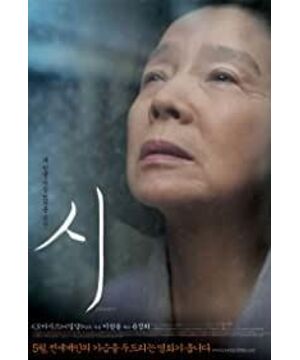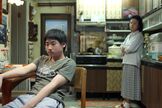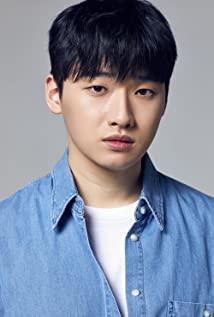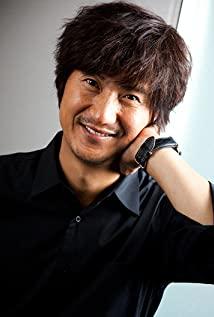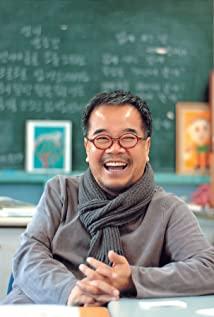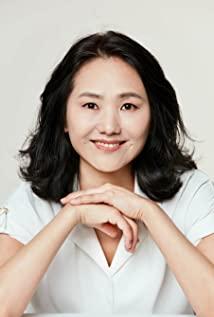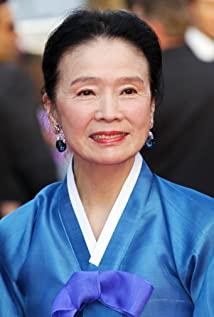Like "Miyang", Li Cangdong once again interpreted the propositions of desire and morality, ugliness and beauty from the perspective of women. He believes that the female perspective is much more flexible than the male perspective can bear and express. The same is true of Shin Ai's suspicion of religion in "Miyang", and the same is true of Meizi's thinking about desire in "The Poem".
The embryonic form of "Poetry" is a crime in which 10 generations of boys (boys between the ages of 10 and 20) gang raped middle school girls in a small city in South Korea. The director is unwilling to face it and express it, so he has the role of Miko as a carrier. The heroine Miko (played by Yoon Jung Hee) lives in a small city in Gyeonggi Province with her grandson who goes to middle school. Meizi is nearly old, yet childlike, dressed like a girl. Miko, who was curious about everything, saw an advertisement for a choir lecture on a street corner one day, and rushed to sign up. At this moment, the ignorant grandson and a few friends of Hupengou attacked the girl, which directly led to her suicide. After trying every means to reach a reconciliation with the girl’s family, Miko was "moral lost" because of the expensive compensation. However, Li Cangdong did not focus all the contradictions in the film on Mizi’s "lost", but instead took Mizi’s puzzling problem as a cutting point, that is, what kind of power is sexual desire, which can both lure grandson Rape can also make the old president plead with her to become a man at the last minute of his life.
With such doubts, Li Cangdong played down the pain and guilt of the real victims and perpetrators, but from the standpoint of the third party, Miko's heart condensed into an irreversible scar. When Miko became the old president, she was well-intentioned and could threaten the old president's actions and turn her into an ugly bargaining chip. During this period, Miko did not sink into the pain, but in the process of constantly searching for "poems", she carefully appreciates and understands all things in nature, so that when she wrote the first poem in life, she found a way to be forgiven. . "Miyang" tells us that pain is meaningful; "Poetry" tells us that pain is not only meaningful, but also has an answer. Poetry, in Li Cangdong's view, is life, which means that life itself is an antidote to pain.
At the end of the film, Li Cangdong created a suspense no less than "Mother"—a scene that often tells pornographic jokes at a poem meeting to arrest his grandson, Meizi showed what he expected to happen at this moment. Did Miko tell her grandson? This is the secret of Miko, and the secret of the movie. In this space, the audience can choose, or play a hide-and-seek game that requires moral choices, just like Miko must do.
"In this age of dying, what is poetry?" This is a question that Li Cangdong threw to the audience. "In this world where there is no human poetry and poetry, do you still write poetry today?" I am afraid the audience left it to the audience. Own problem.
NOV.22
LC
View more about Poetry reviews


